Rajshahi, July 21 (V7N) - In the summer months, severe irrigation shortages plague agricultural activities in the Barind region of northwestern Bangladesh. The rising temperature and lack of rainfall often reduce crop yields significantly. Particularly reliant on Boro rice and winter crops, farmers in this drought-prone zone frequently struggle due to falling groundwater levels, elevated irrigation costs, and abandoned arable lands.
To address this pressing issue, the Barind Multipurpose Development Authority (BMDA) has undertaken a major project aimed at storing surface water from the Padma River and supplying it via pipeline to nearby canals. These canals then serve as reservoirs from which farmers can draw water during the dry season, ensuring continuous agricultural activity throughout the year.
The initiative, titled the “Extended Irrigation through Canal Water Retention in Barind Area – Phase II (EIBAP)”, is being implemented at a cost of Tk 249.40 crore. The project spans eight upazilas across three districts—Godagari and Bagmara in Rajshahi, Nachole, Gomostapur, Bholahat, Shibganj and Sadar in Chapainawabganj, and Mohadevpur in Naogaon.
During a field visit on Monday, (July 14) to Godagari upazila, it was observed that the pipeline system installation is nearing completion. Water is now being pumped from the Padma River at Hatpara and Sarengpur booster points and conveyed 3.5 kilometers to the Saramangla Canal. High-density polyethylene (HDPE) pipes, 20 inches in diameter, have replaced older 10-inch UPVC and MS pipes, enabling a steady flow of 60 cusecs of water.
To facilitate equitable water distribution, BMDA is excavating 1,600 meters of the Saramangla Canal—of which 500 meters have already been completed. Additionally, four solar-powered LLPs (Low Lift Pumps) are being installed to reduce reliance on electricity.
According to BMDA, 864 hectares of farmland are currently under irrigation via 36 water access points along the 29-kilometer-long canal. Previously, much of this land remained fallow due to water scarcity.
Local farmer Ali Hossain from Godagari Sadar expressed relief:
“We used to wait in line to get water from deep tubewells. Now we can easily irrigate our fields directly from the Saramangla Canal. This is a big help.”
Jahangir Hossain, another farmer from Mohanpur Union, said:
“For years, we struggled with water shortage. Boro rice cultivation was nearly impossible on many plots. This project is a blessing. We thank BMDA sincerely.”
BMDA Executive Engineer Rafiqul Hasan highlighted that farmers once had to pay Tk 1,200–1,600 per bigha for deep tubewell irrigation. The new system reduces this cost to Tk 700–1,000, offering significant savings.
BMDA Superintending Engineer and Project Director Nazirul Islam noted that the project not only lowers dependence on groundwater and grid electricity but also enhances sustainability.
“Recharge to aquifers will increase, solar energy will be utilized, and surface water will be more efficiently managed. We’ve also started afforestation along the rehabilitated canal banks, which will support ecological balance and nutritional value,” he said.
With surface water now flowing into fields that were once barren in summer, the Barind region’s agricultural landscape is poised for a transformation—fuelled by river water, solar power, and strategic planning.
END/MRA/SMA/



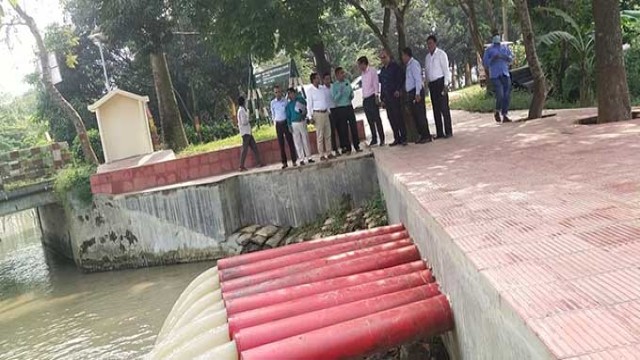
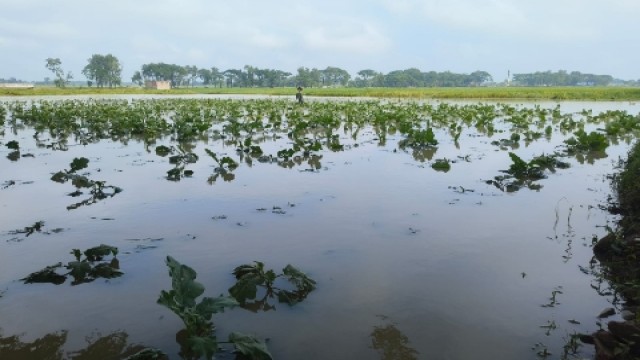
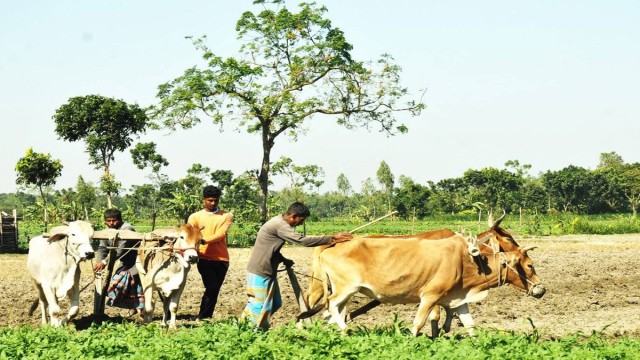
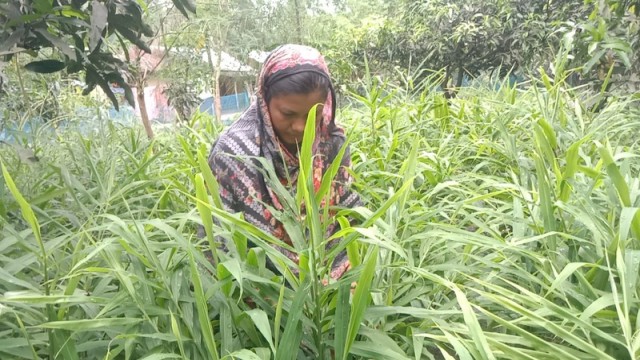
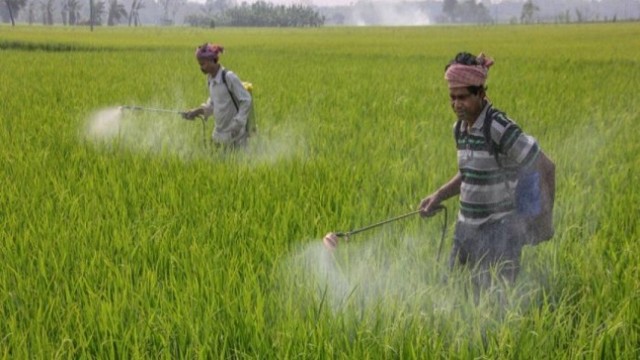
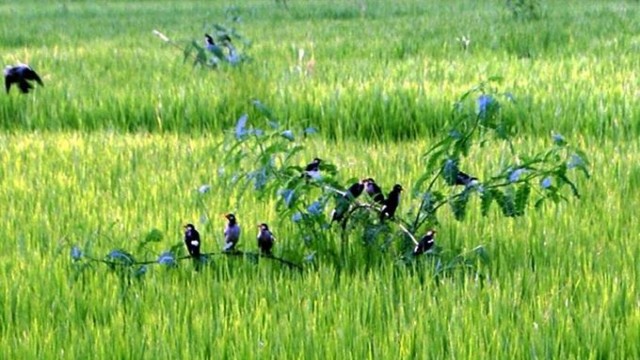
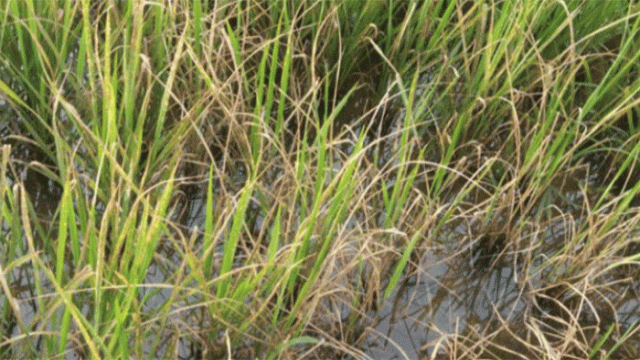
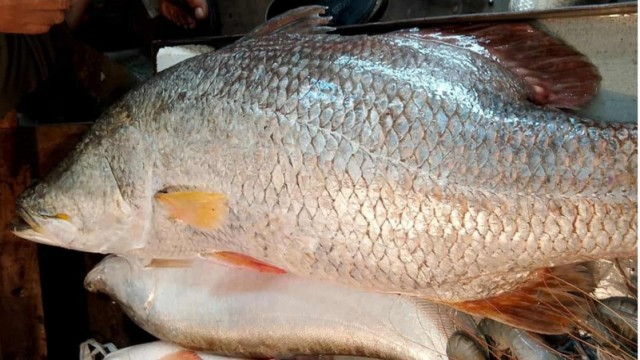
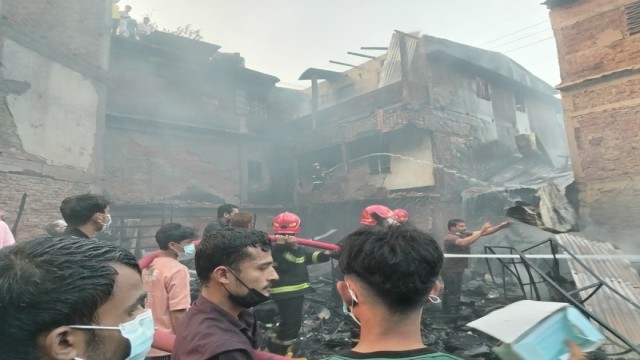
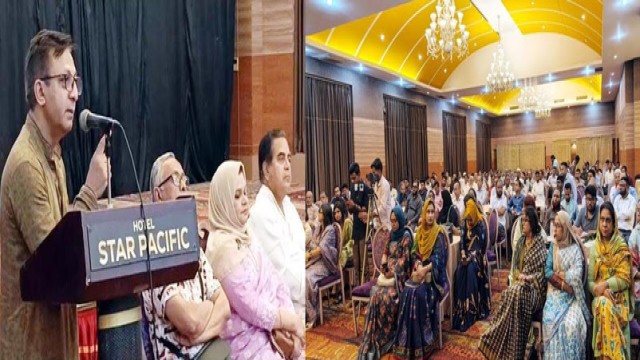
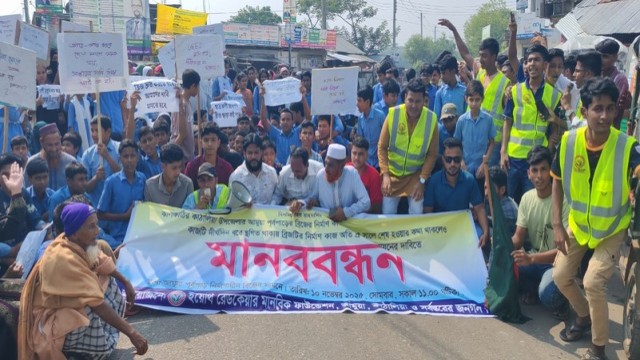
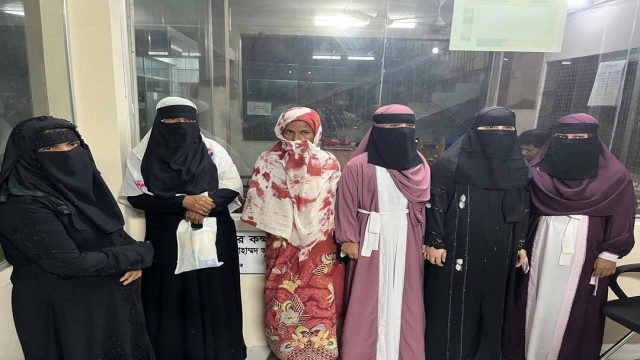
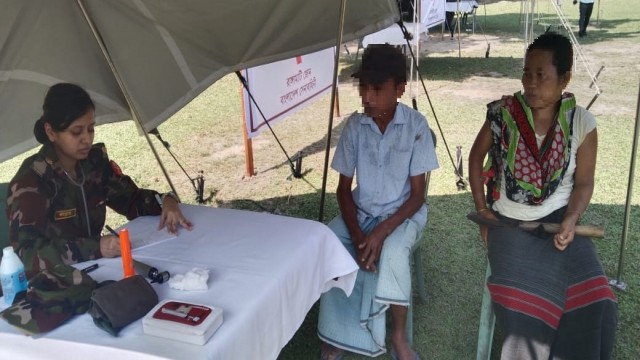
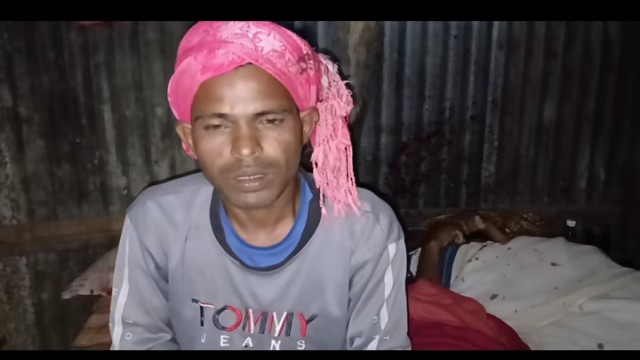
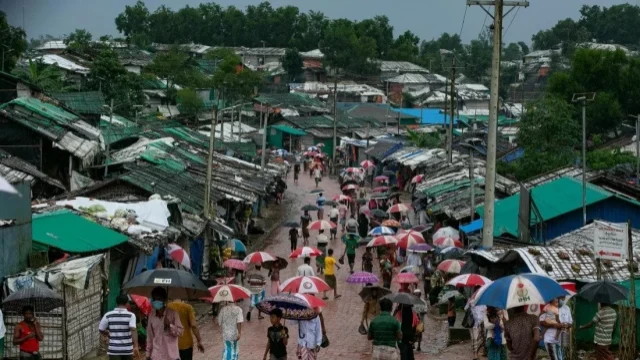
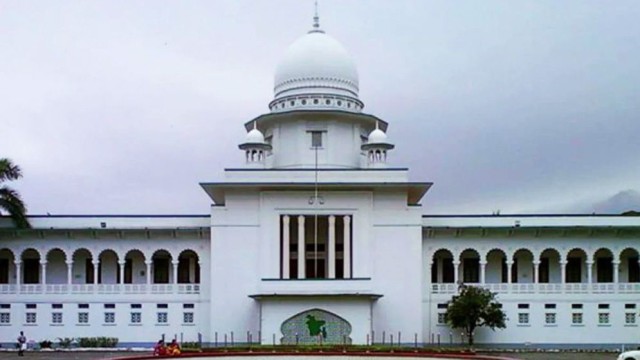
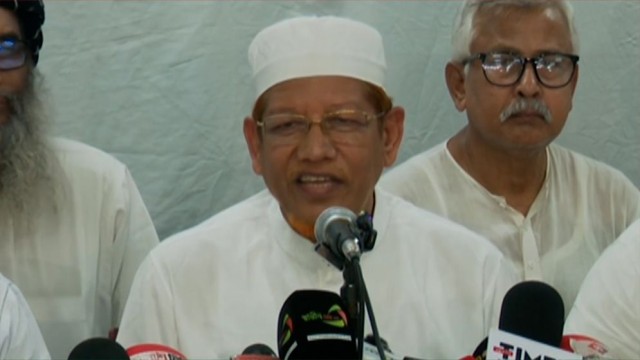



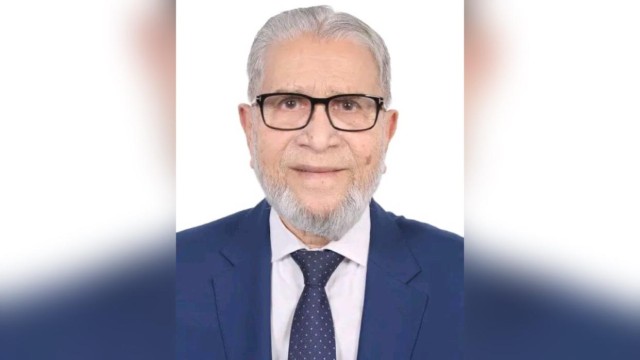

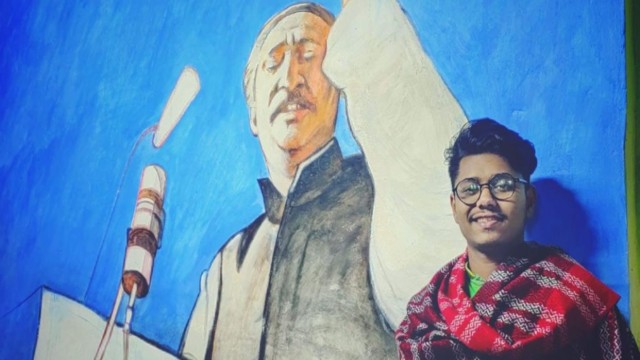
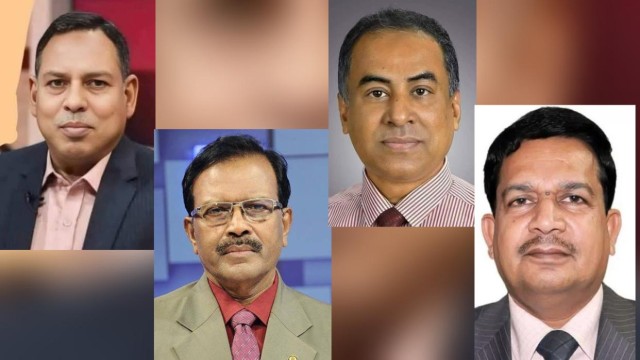

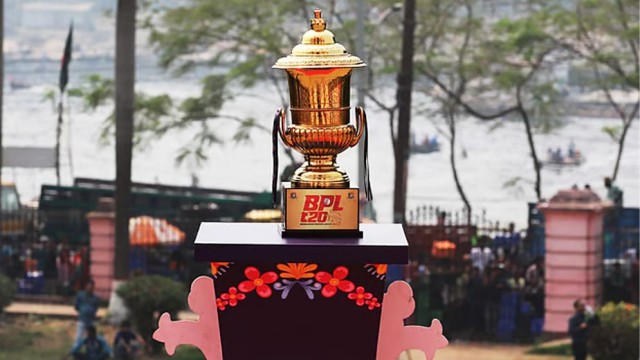


Comment: